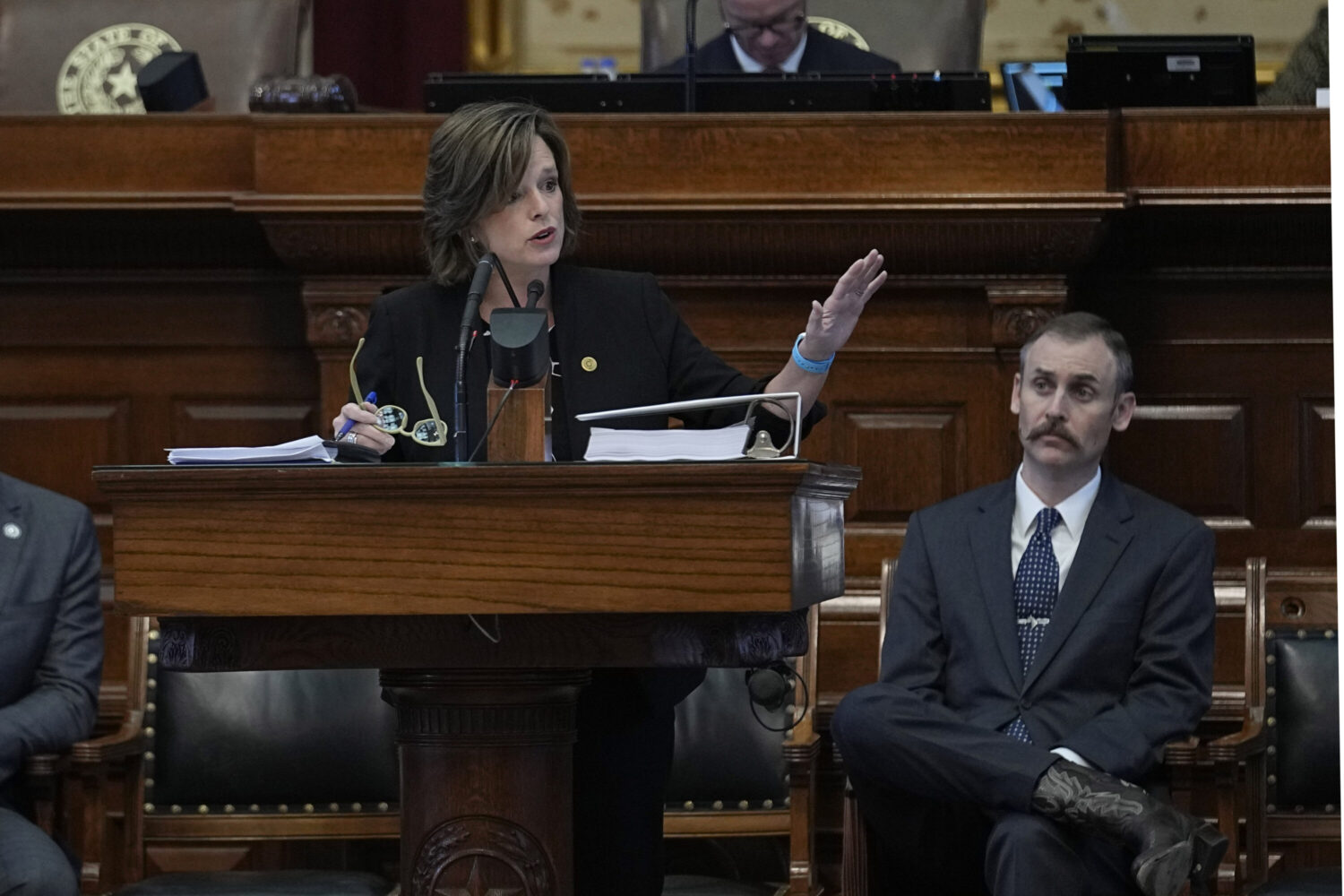The Urgent Call for Mental Health Funding in Texas Schools
In the wake of increasing concerns about school safety and student mental health, Texas State Representative Ann Johnson (D-Houston) has emerged as a vocal advocate for change. During a recent hearing held by the Texas House Youth Health & Safety Committee, Johnson highlighted the critical need for dedicated funding to address mental health issues in schools, particularly in light of the alarming frequency of school shootings and threats across the state.
The Context of School Safety Legislation
The discussion was sparked by Texas House Bill 3, a legislative measure that mandates the presence of an armed security officer at every school campus in the state. While the intention behind this bill is to enhance security, the reality is that less than half of Texas school districts have been able to comply with this requirement, according to data from the Texas Education Agency. This raises significant questions about the feasibility and effectiveness of such measures in truly safeguarding students.
A Call for Comprehensive Solutions
Johnson’s remarks during the hearing underscored a critical point: merely increasing security measures is not enough. "When you say we have to adapt, I’m okay with adapting, I just don’t accept that this is normal," she asserted. Her statement reflects a growing frustration among educators and lawmakers alike regarding the normalization of violence in schools. Johnson emphasized that the narrative surrounding school shootings should not be one of inevitability but rather one of prevention and proactive measures.
Mental Health: The Overlooked Component
A significant aspect of the discussion centered around mental health services for students. Although House Bill 3 includes a requirement for district employees to undergo mental health training, critics argue that this is insufficient. Johnson pointed out that without adequate funding for broader mental health services, schools are ill-equipped to address the underlying issues that contribute to violence and distress among students. "We’re not giving you the money you need; we’re setting you up for failure," she warned, highlighting the disconnect between legislative mandates and the resources available to implement them effectively.
The Impact of Threats on School Communities
The urgency of Johnson’s message is further amplified by a recent surge in threats directed at schools and educators throughout Texas. These incidents have created an atmosphere of fear and anxiety, not only among students but also among parents and educators. The need for a comprehensive approach that includes mental health support, conflict resolution, and preventive measures has never been more pressing.
A Vision for the Future
Johnson’s advocacy for increased mental health funding is not just about addressing immediate safety concerns; it is about fostering a healthier, more supportive environment for students. She envisions a system where schools are equipped to provide early intervention and support, rather than merely reacting to crises as they arise. This proactive approach could significantly reduce the likelihood of violence and help students navigate the challenges they face.
The Legislative Landscape Ahead
As discussions continue in the Texas legislature, the stakes are high. Johnson’s concerns about the future of public education in Texas resonate with many who fear that without adequate funding and support, schools will struggle to fulfill their mission of educating and protecting future generations. The upcoming legislative sessions will be crucial in determining how Texas addresses these pressing issues and whether meaningful changes will be made to support both student safety and mental health.
In summary, the conversation around school safety in Texas is evolving, with a growing recognition that mental health funding is a vital component of any effective strategy. As advocates like Ann Johnson push for change, the hope is that the state will prioritize the well-being of its students, ensuring that schools are not only safe but also nurturing environments conducive to learning and growth.
